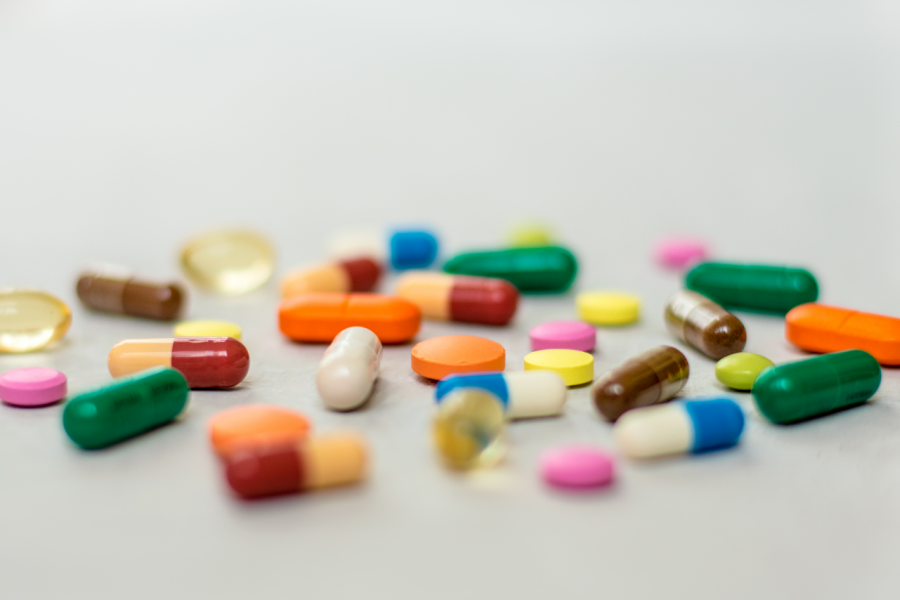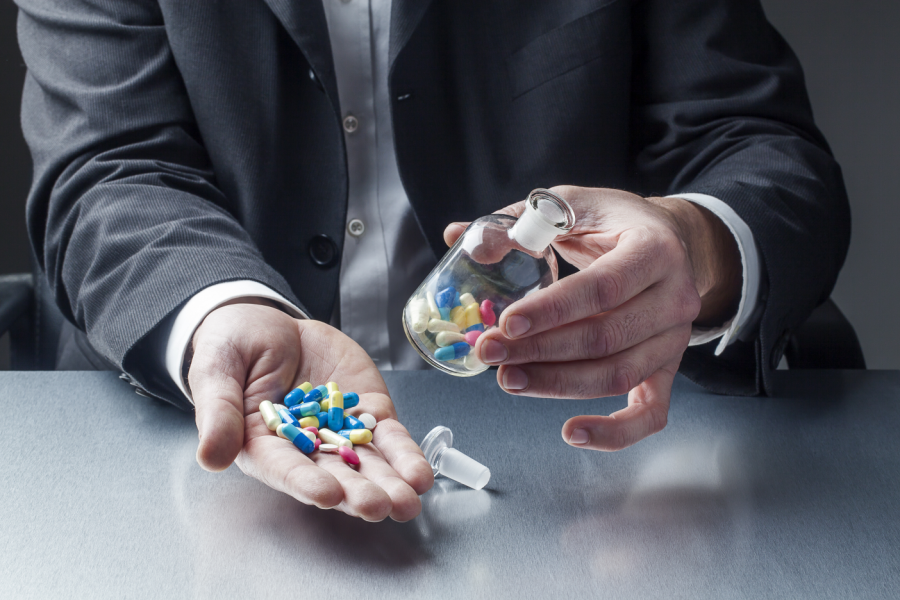
ADHD treatment in adults typically involves a combination of medication, therapy, coaching, and lifestyle changes, with medication being the primary and most effective option available in the UK. Despite the proven success of ADHD medications—helping approximately 80% of patients—many people feel hesitant to take them. Understanding the reasons behind this hesitation can help address concerns and improve treatment outcomes.

There are several common reasons why individuals with ADHD might be reluctant to start medication:
It’s important to have open conversations with your doctor to weigh the risks and benefits of medication tailored to your individual needs.
If you’re hesitant about medication, other options exist, though they may not be as effective or well-supported by research:
These options are often used alongside medication or when medication is not suitable.
ADHD can impact many areas of life, including education, work, and relationships. Medication often plays a crucial role in alleviating symptoms and improving quality of life.
In the UK, ADHD medications fall into two categories: stimulants and non-stimulants.
Sometimes, doctors prescribe medications not officially licensed for ADHD, known as “off-label” prescribing. This can occur if no licensed medication is effective or suitable. For example, bupropion (Wellbutrin) is sometimes used off-label for ADHD. While this practice is generally safe, it may have less robust evidence for effectiveness and safety.
Many people try supplements like omega-3 fatty acids, magnesium, or nootropic mushrooms (e.g., Lion’s Mane) to manage symptoms. However, current evidence does not strongly support their effectiveness or safety for ADHD, and potential interactions with other medications are often unknown.
Both stimulants and non-stimulants aim to increase levels of key neurotransmitters in the brain:
This chemical balance helps reduce the core symptoms of ADHD, such as inattentiveness, hyperactivity, and impulsivity.

ADHD medications can be highly effective, with stimulants working for about 70% of patients and non-stimulants increasing the total effective rate to around 80%. However, individual responses vary widely.
Common side effects include:
Your healthcare provider can help manage side effects and adjust treatments as needed.
ADHD is a common neurodevelopmental condition that can significantly impact daily life. Treatment options include medication, therapy, coaching, and lifestyle changes. Medication remains the most effective treatment for most adults with ADHD, though hesitancy about medication is understandable and can be addressed through education and medical support. Discuss your treatment options openly with your healthcare team to find the best plan tailored to your needs.

